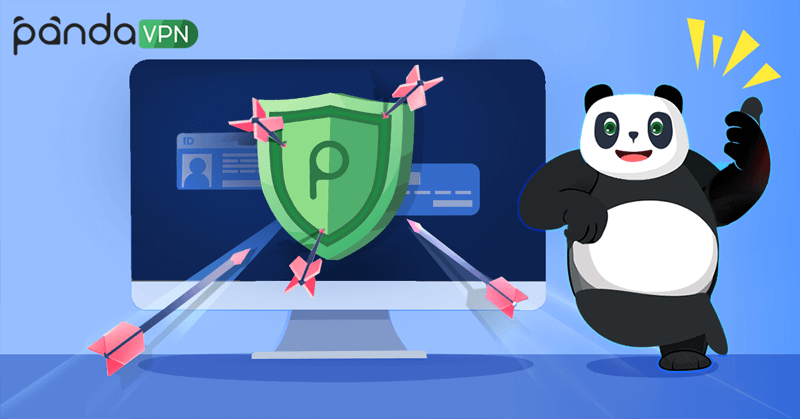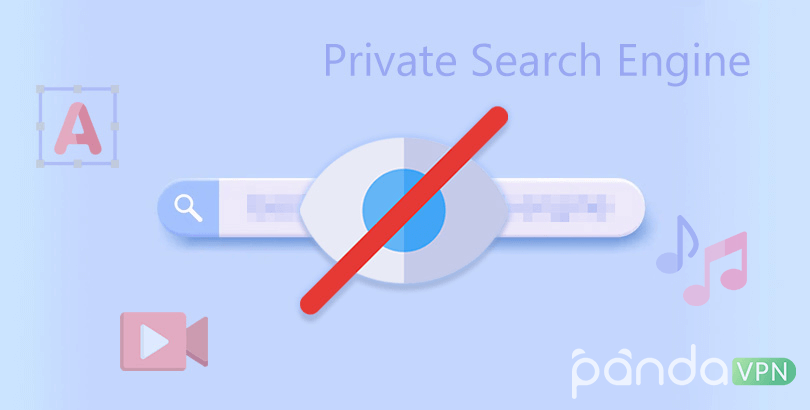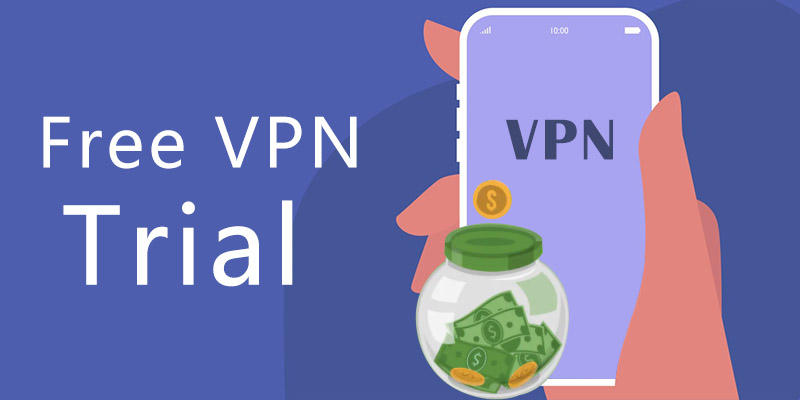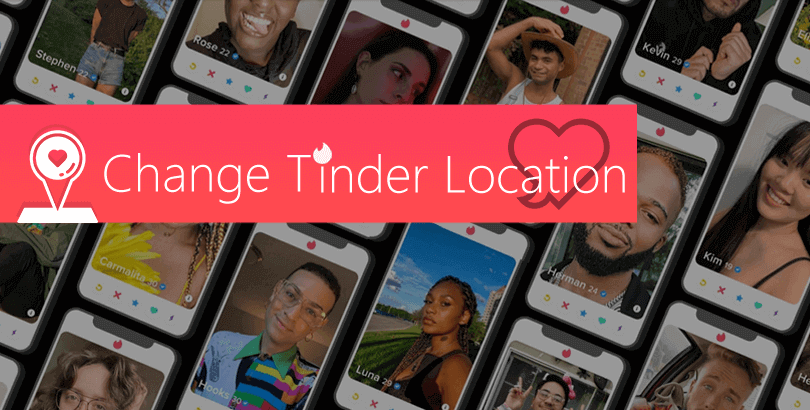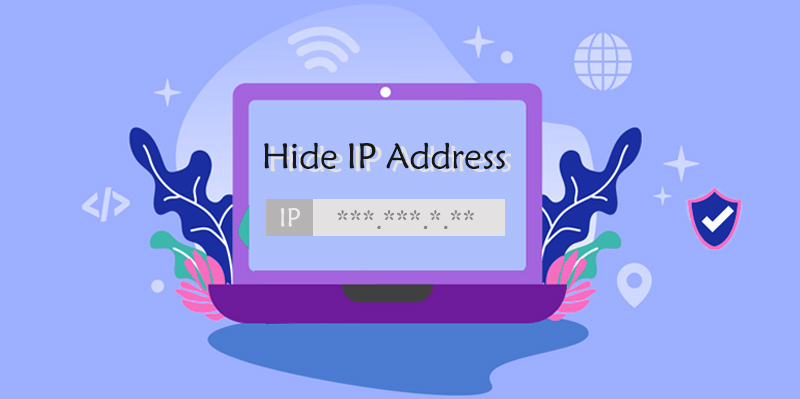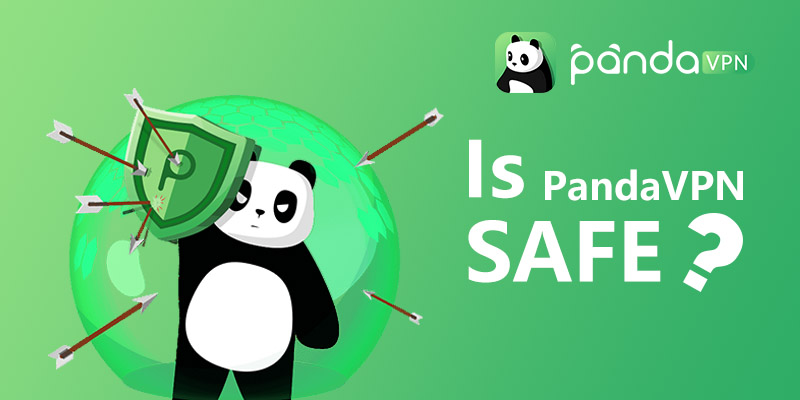AI & VPNs: Securing Data in the Smart Innovation Era
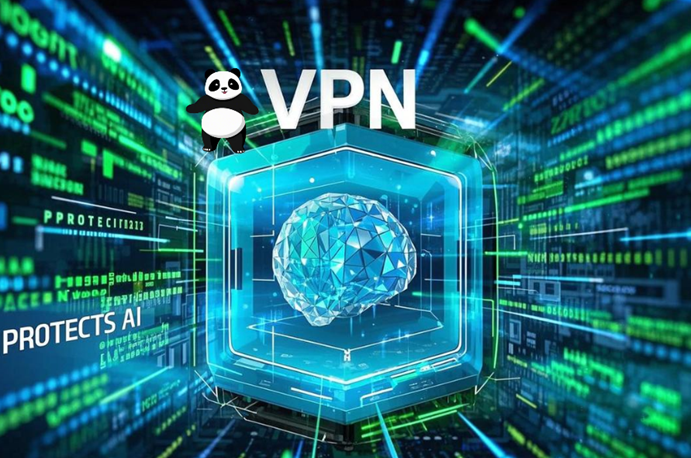
The Critical Intersection of AI and VPNs: Safeguarding Data in the Era of Intelligent Innovation
The rapid advancement of artificial intelligence (AI) in the United States has revolutionized industries, from healthcare to finance, by enabling unprecedented data analysis, automation, and decision-making capabilities. However, this AI-driven progress hinges on one critical resource: **data**. As AI systems grow more sophisticated, their reliance on vast datasets intensifies, raising urgent concerns about data privacy, security, and accessibility. Here, Virtual Private Networks (VPNs) emerge as an indispensable tool, bridging the gap between AI innovation and secure data practices. This article explores how VPNs underpin the ethical and operational success of AI technologies in the U.S., emphasizing their role in fostering trust, compliance, and global collaboration.

1. AI’s Data Hunger and the Privacy Paradox
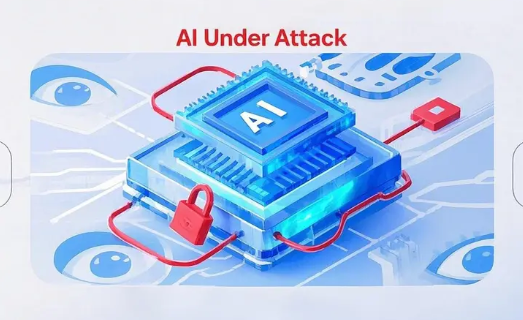
Modern AI systems, particularly machine learning models, require massive datasets to train, refine, and deploy. For instance, generative AI tools like ChatGPT or image recognition platforms depend on diverse, high-quality data sourced from global users. However, this data often includes sensitive information—personal identifiers, financial records, or proprietary business insights.
The risk? Data breaches, surveillance, and misuse. In 2023 alone, IBM reported the average cost of a data breach in the U.S. reached $9.48 million, with AI-driven companies being prime targets due to their data-rich environments. Without robust security measures, AI innovation could stall under regulatory scrutiny or public distrust.
VPNs as the First Line of Defense
VPNs encrypt internet traffic, masking users’ IP addresses and creating secure tunnels for data transmission. For AI developers, this means:
– Secure data collection: Researchers can anonymize data sources, reducing exposure to cyberattacks during aggregation.
– Compliance with regulations: VPNs help adhere to laws like GDPR and CCPA by ensuring data sovereignty and minimizing leakage risks.
– Global data access: AI teams can bypass geo-restrictions to gather diverse datasets critical for reducing algorithmic bias.
2. AI-Powered Cybersecurity: A Symbiotic Relationship

While VPNs protect AI infrastructure, AI is simultaneously revolutionizing VPN technology. Machine learning algorithms now enhance VPN performance through:
– Threat detection: AI analyzes network traffic patterns to identify and block malicious activity in real time.
– Adaptive encryption: AI optimizes encryption levels based on data sensitivity, balancing security and speed.
– User behavior analytics*: Unusual login attempts or data transfers trigger alerts, mitigating insider threats.
Companies like Palo Alto Networks and Cisco already integrate AI-driven VPN solutions, showcasing how this synergy creates a proactive security ecosystem.
3. Navigating Regulatory Landscapes and Ethical AI

The U.S. lacks a federal data privacy law, but states like California enforce strict regulations. AI firms operating globally must also comply with the EU’s AI Act, which mandates transparency and accountability. Non-compliance risks fines and reputational damage.
How VPNs Enable Ethical AI Development
– Anonymized data processing: VPNs obscure user identities, aligning with “privacy by design” principles.
– Secure cross-border collaboration: Researchers in restricted regions can safely contribute to AI projects without fear of surveillance.
– Audit trails: Encrypted logs ensure accountability while protecting stakeholder privacy.
4. The Future: Decentralized AI and VPN Innovations
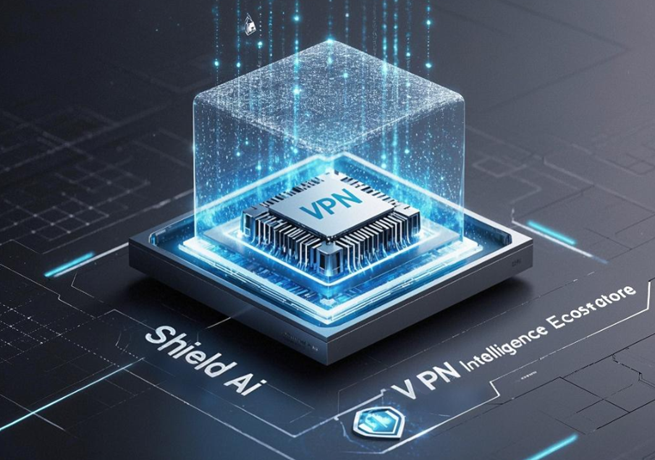
Emerging trends like federated learning (where AI models train across decentralized devices) will rely heavily on VPNs to secure edge computing environments. Additionally, quantum computing threats loom, pushing VPN providers to adopt AI-enhanced, post-quantum encryption methods.
Conclusion: VPNs—The Unsung Hero of the AI Revolution
As U.S. companies race to lead in AI, VPNs are not just a tool but a strategic asset. They enable secure data flows, foster global innovation, and ensure compliance in an era where trust is the currency of technological progress. Investing in VPN infrastructure today isn’t just about risk mitigation—it’s about unlocking AI’s full potential responsibly.
In the words of Sundar Pichai, CEO of Google: “Privacy cannot be a luxury good.” For AI to thrive, VPNs must remain at the core of its ethical and operational framework.
 Sharon
Sharon  2025.02.21
2025.02.21 